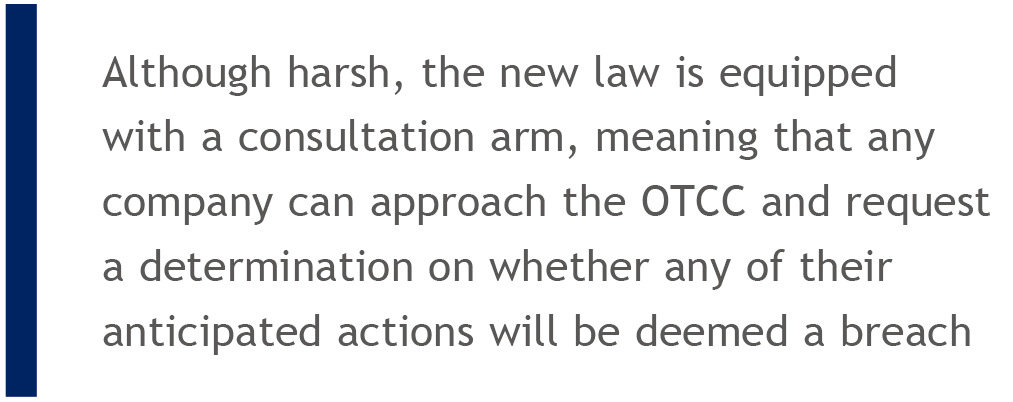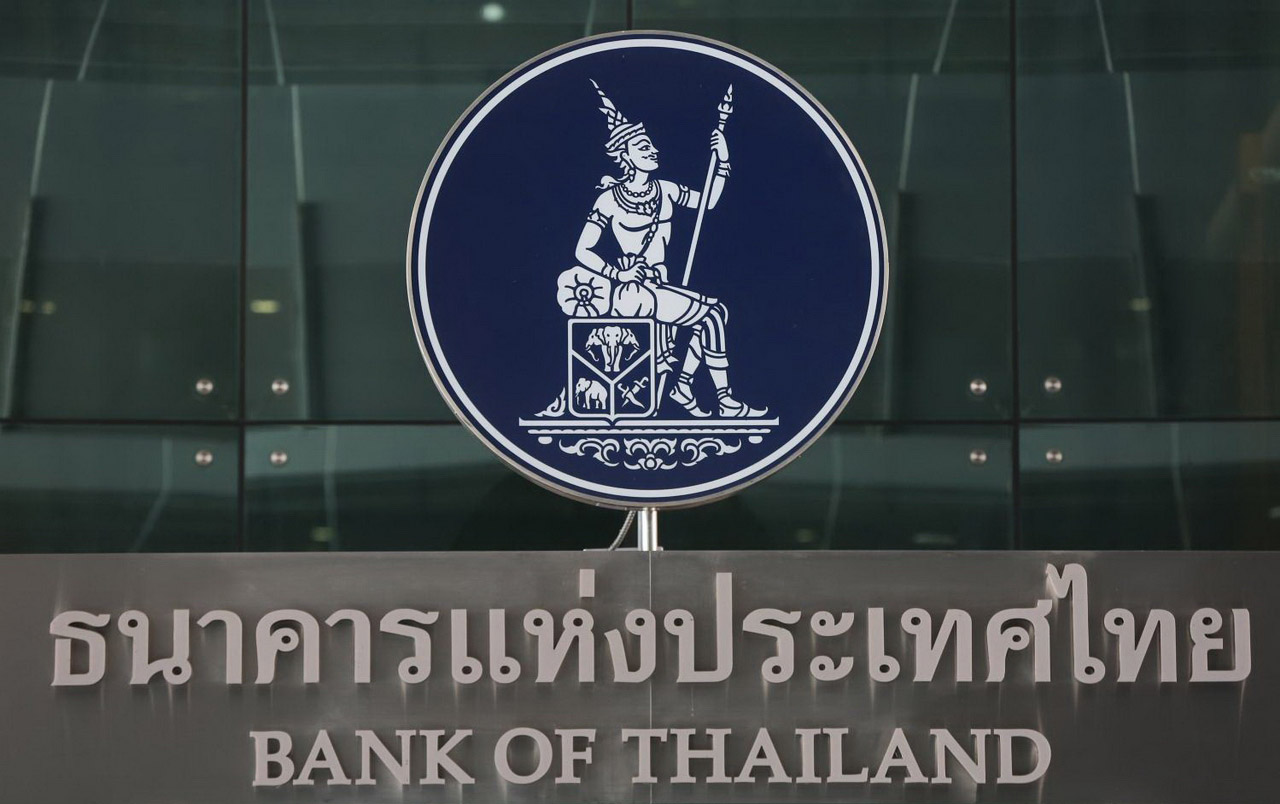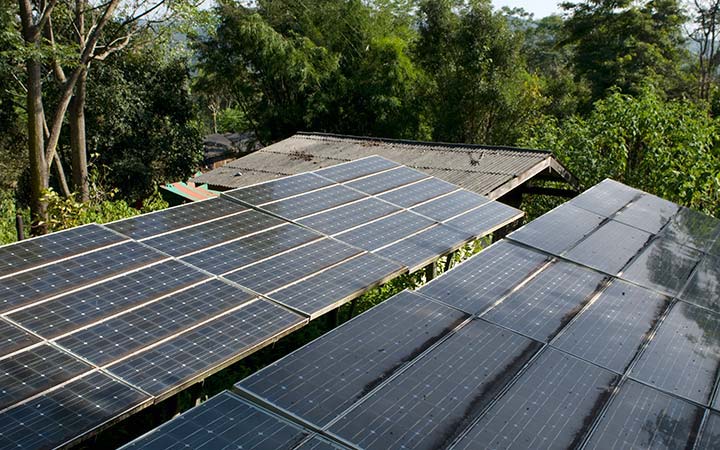 By Jutharat Anuktanakul, Pranat Laohapairoj,
By Jutharat Anuktanakul, Pranat Laohapairoj,
Chandler MHM
E: jutharat.a@chandlermhm.com
E: pranat.l@chandlermhm.com
 Can you give an overview of the general M&A environment currently in Thailand?
Can you give an overview of the general M&A environment currently in Thailand?
Thailand was ranked 27th in the 2017 World Bank’s Ease of Doing Business Report, which reflected a higher ranking than in 2016. This is likely because Thailand has recently experienced strong economic growth, a more stable political climate, and an attractive financial environment, all of which, coupled with good infrastructure and a reliable workforce, render Thailand the target of choice for international and regional investment. The Thai government has also promulgated several important laws over the past few years, such as those regarding securities, anti-trust and anti-corruption, which moved Thailand closer to mainstream international standards and created more confidence for foreign investors. Thus, the merger and acquisition market was active in Thailand throughout 2017 and should continue to be active during 2018.
The government’s “Thailand 4.0” economic transformation plan has made renewable energy a priority sector. What are the implications for inbound investment?
Thailand’s growing energy needs are currently being met by fossil fuels, which must be imported, and this is neither economically nor ecologically sustainable. Therefore, the Thai government is driving a concerted shift, through incentives and schemes, toward reliance on renewable energy, aiming for 25 percent of energy needs to be renewably obtained within the next two decades. This shift should result in the creation of massive opportunities for inbound investment. As interest in renewable energy grows, private investors have echoed a need for clearer policies and regulations.
The Department of Alternative Energy Development and Efficiency of the Ministry of Energy, has created a specific plan to promote and accommodate renewable and alternative energy, including the creation of incentives to draw private investment and amendment to laws and regulations that previously hindered investment for renewable energy. The Thai Board of Investment has also offered benefits to investors in areas of special importance and benefit to the country, including energy conservation and alternative energy. Investors in these areas will enjoy import duty exemptions, corporate income tax deductions and deductions for transportation, electricity, water and infrastructure costs. These government initiatives also create opportunities for investment in electric vehicles and clean energy technologies. Thai companies having expertise in renewable energy may also prove attractive for foreign companies to acquire.
 What is the outlook for M&A in the country? Are there any significant developments forecast in the near future?
What is the outlook for M&A in the country? Are there any significant developments forecast in the near future?
Based on consensus from all financial and economic advisers, foreign and domestic, the Thai economy should grow by about 3.8 to 4.2 percent in 2018, which is very satisfactory considering the sluggish growth that Thailand experienced for the past five or more years. The stock market consistently reached new highs during the last two quarters of 2017, and is expected to do the same in 2018. The country also expects nationwide stimulation as a result of concentrated investment in the Eastern Economic Corridor and around the Bangkok metropolitan area, pumped up by government incentives. Much of this investment will likely come from overseas, as has historically been the case, and in particular from Japan, which has consistently regarded Thailand as one of its major manufacturing hubs, regardless of the socio-economic and political hiccups that periodically occur. Therefore, we do expect to see robust M&A activities throughout 2018, both by foreign companies, and also between Thai companies as part of their consolidation efforts.
 The new competition law has introduced a revamped merger control system. How will this effect M&A transactions?
The new competition law has introduced a revamped merger control system. How will this effect M&A transactions?
The new mechanism included in Section 51 of the Trade Competition Act of 2017 will ease the burden of the parties who plan to merge businesses, simply because it is more clear and practical. For example, if the result of a merger will create a dominant player in any particular market, as defined by the Office of Trade Competition Commission (OTCC), or a monopoly, then the parties must apply for approval from the OTCC before the merger can take place. The OTCC will provide a definite answer within 105 days, pursuant to the law. The result may be positive, positive with conditions, or negative. If the merger, however, will only create material reduction in competition in any particular market, which is a lesser burden on society than a dominant player or monopoly, then the parties will simply have to notify the OTCC within seven days after the merger is undertaken, with no pre-merger requirement. As of now, we are still waiting for the definition of “material reduction in competition” to be issued by the OTCC, and until such time, the parties will have to operate within the current approval provision. Note, also, that there is a clear exception to allow two entities which are related via policy or control structure to merge without being subject to the above rules, although the characteristics and criteria of exempted relationships are yet to be issued by the OTCC.
Section 50 of the Trade Competition Act of 2017 maintains the essence of the old law and prohibits dominant players from, 1) unfairly fixing or maintaining price level, 2) imposing unfair conditions on other operators and players, 3) purposely skewing supply in the market, and 4) unreasonably interfering with other operators. The difference from the old law is that the new law is designed and intended to be more enforceable, meaning these prohibitions must be taken much more seriously than before, because any breach will now result in higher probabilities of enforcement, and the punishment can be very harsh, including up to two years of imprisonment and/or a fine of up to 10 percent of income from the year during which the breach took place. If an anticipated merger will likely result in a dominant player in any particular market, the merging parties must prepare themselves to ensure that they do not directly engage in or appear to engage in any of these prohibited actions. Although harsh, the new law is equipped with a consultation arm, meaning that any company can approach the OTCC and request a determination on whether any of their anticipated actions will be deemed a breach under Section 50.
![]()
W: www.chandlermhm.com
E: jutharat.a@chandlermhm.com
E: pranat.l@chandlermhm.com



























































 Chandler MHM Limited
Chandler MHM Limited Jessada Sawatdipong
Jessada Sawatdipong







